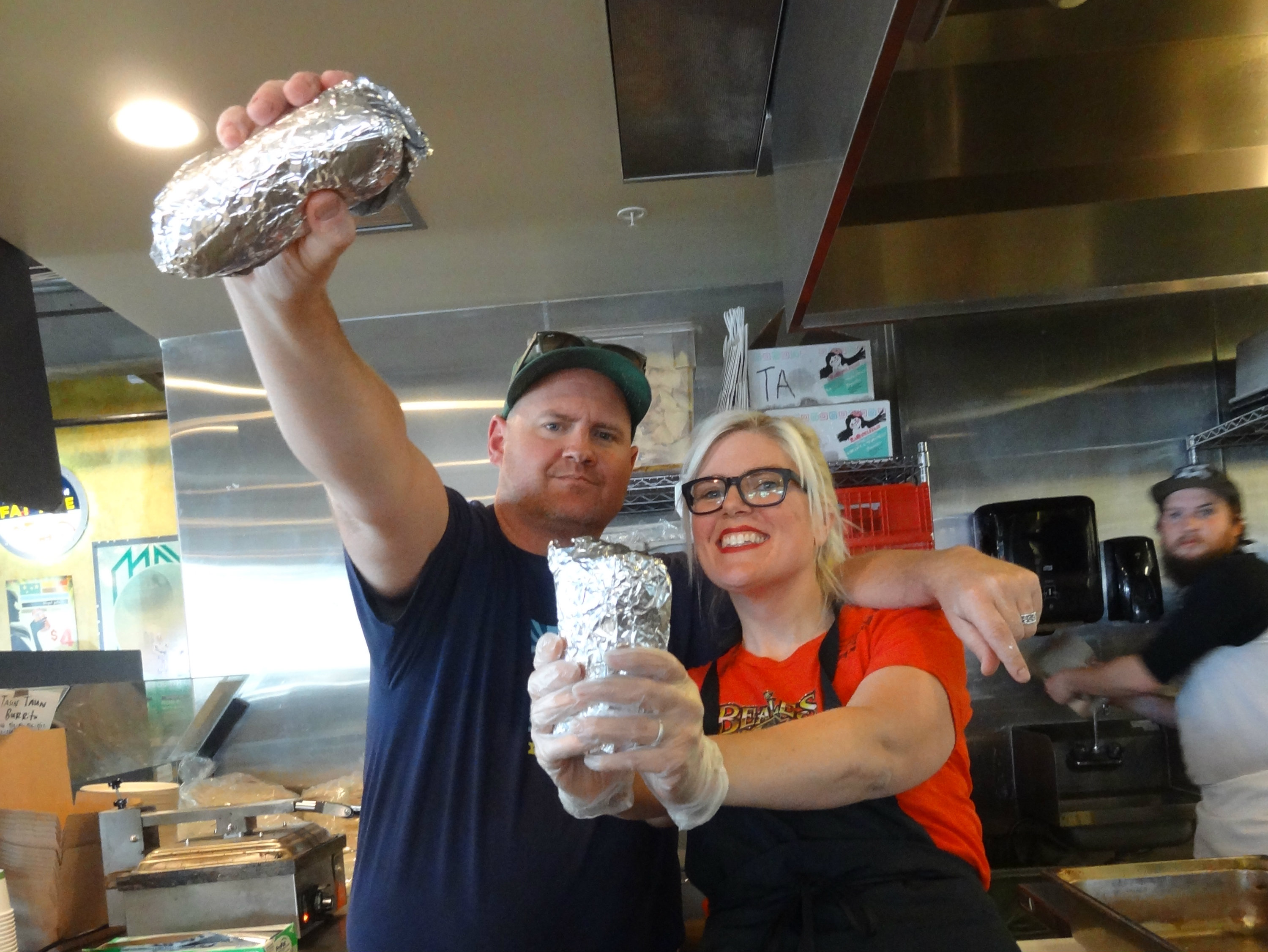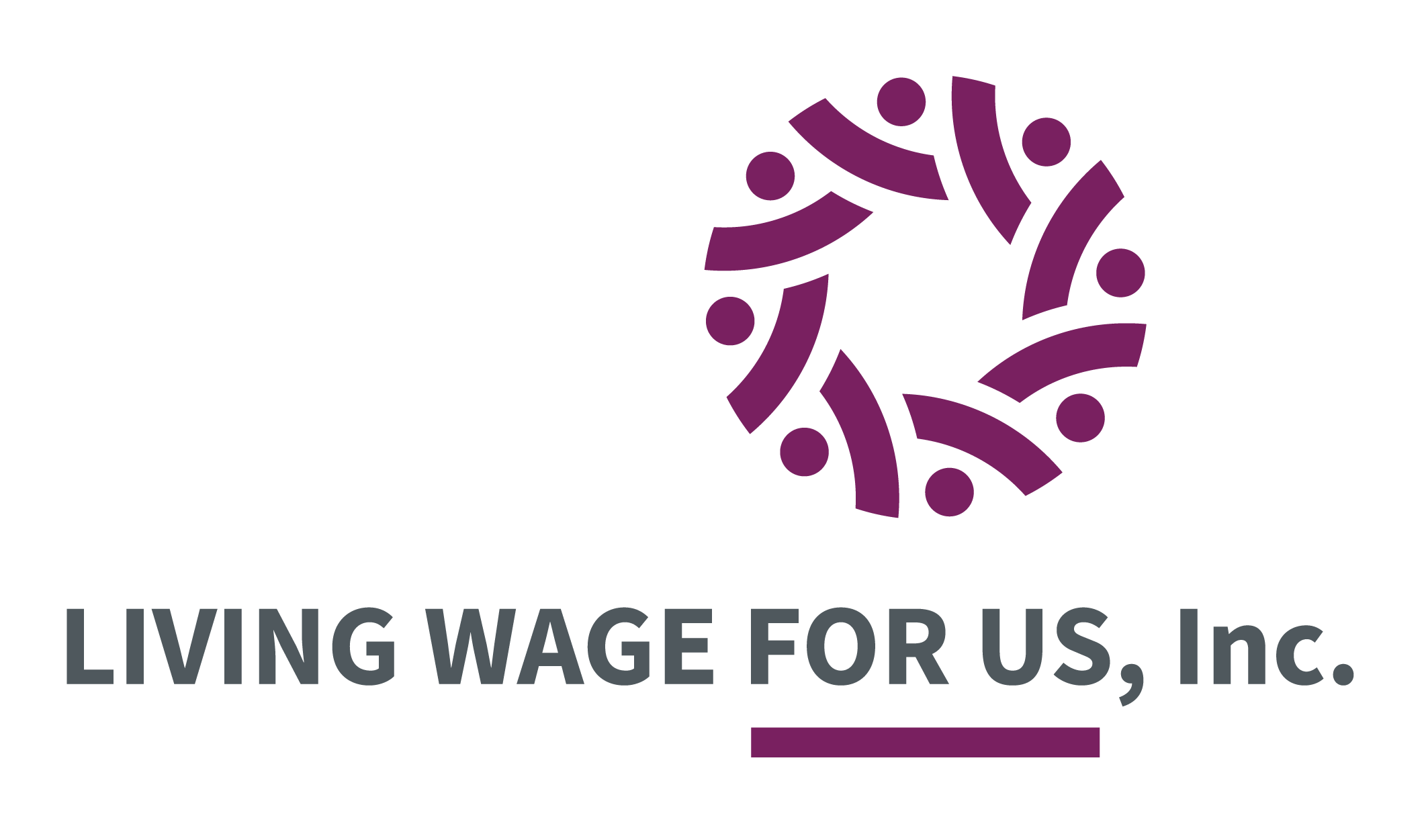
Pete Turner owner of Illegal Pete’s
Colorado
Pete Turner was only 23 years old when he opened his first restaurant in 1995. And while he may have had a lot to learn about running a business, he knew one thing for sure: he was committed to being a moral and ethical employer. The question was – how to do that AND keep his earnings profitable?
Twenty-four years later, Illegal Pete’s has expanded to 11 locations with over 450 employees. And each person is paid a living wage – which includes paid time off, comprehensive health benefits, and a matching 401(k) program that more than half his employees sign up for.
“I wanted to be the gold standard in our industry for wages,” he says. “I wanted to be the best.”
But first he had to make sure it would work. In 2010, he hired an outside human resources company to do a wage analysis. He learned that the minimum wage he was paying his employees ($9/hour) didn’t qualify as a livable wage. So he decided to bring them all up. Since then, he’s implemented three wage increases to get everyone to $15 per hour. With tips, his employees now earn approximately $45,000 per year.
This kind of voluntary wage increase is unheard of in his industry – even though some companies would have us believe differently. He points to Amazon, who recently made news by increasing their hourly pay to $15 per hour – but they’re also demanding that employees work fewer hours, thereby making them earn the same amount as before.
Pete criticizes his competitors who advertise ethical and sustainable business practices – humane treatment of animals, recyclable serving ware – and then refuse to give their employees enough money to live on, causing many of them to need two full-time jobs. “That’s disingenuous and not the right way to do it; that’s cheating.”
While Pete asserts that paying his workers well is ultimately the #1 right thing to do, it also has been good for his top and bottom lines. His average unit volume increased by a significant amount. And his cash flow earnings are up 20%.
“We’ve proven that it helps our top line in that employees are happier, harder working, and engaged in something special.” His employees feel that acutely and it shows to the customer.
“People call [employees in this industry] low-skill labor, which is so far from the truth.” He explains that workers in fast casual establishments manage to put out thousands of units of product per day, and are expected to interact with customers for hours on end, all with a smile on their faces. If an employee is stressed about paying their bills and resents their job, it will show. And if customers don’t like their interaction with the front line employee, they won’t return. So Pete sees his investment in his employees as crucial to his business. “Your employees are your front line to the public; it’s incredibly important that they’re happy. Happy employees are essentially everything.”
This happiness is key to saving the company money because he has such strong employee retention. People work for Pete for years – some as much as 20 years – which means he doesn’t have to constantly pay to recruit and retrain talent, an amount he estimates at $2,500 per front line employee, and $15,000 for management positions. “Why not just spend that money on a living wage?”
Pete is grateful to have shareholders who believe in his mission and see the economic value. His employees certainly do.
